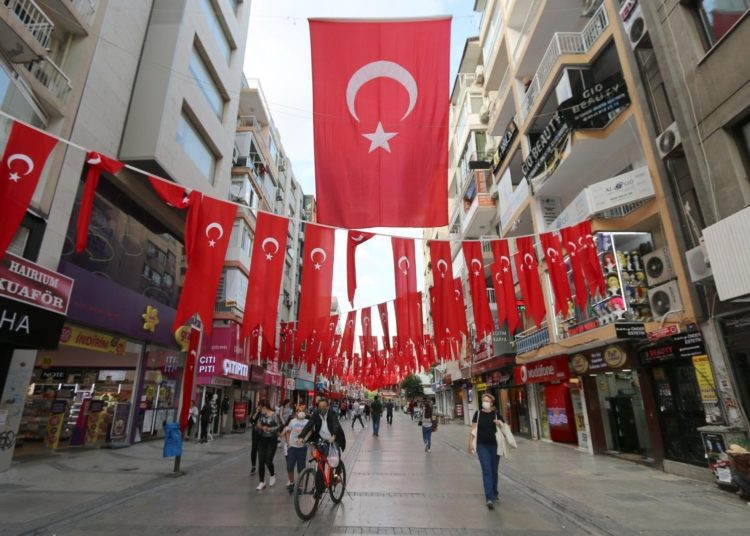Recently the Republic of Turkey announced to the international community that it has changed its name from “Turkey” which it was known for decades and opted instead to go by the name “Turkiye.”
It submitted the name change to the United Nations (UN) and the intergovernmental body agreed to a formal request from Ankara. The UN’s acceptance of this name change marks the start of the similar process of adoption by other similar bodies and international organisations.
It was reported that this move started in December 2021, when the country’s president Recep Tayyip Erdogan issued a statement saying the “word Turkiye represents and expresses the culture, civilisation, and values of the Turkish nation in the best way.”
It was alleged that the name Turkey has some unflattering connotations that can be traced back centuries, especially when the then Turkish Ottoman Empire encountered the European colonisers. Throughout history, there are other countries that have changed their names either to drop colonial legacies or rebrand, as is the case with Turkey.
In 2020, The Netherlands dropped Holland in a rebranding move. And before that, Macedonia changed its name to North Macedonia, due to a political dispute with Greece, and Swaziland became Eswatini in 2018. Further back in history, Iran used to be called Persia, Siam is now Thailand, and Rhodesia was changed to Zimbabwe.
On 2 August 1984, on President Sankara’s initiative, the country’s name changed from “Upper Volta” to “Burkina Faso”, or land of the honest men; (the literal translation is land of the upright men.)
According to an international constitutional law expert, Livingstone Wechie, “The change of name by the Turkish people is significant to the state to drive their identity and has no negative diplomatic implications. It goes with the trajectories in what is in a name. Türkiye is viewed as the best representation and expression of the Turkish people’s culture, civilisation and values.”
He said that it is important for Nigeria and the rest of the world to respect this development as a way of supporting Turkish new identity in their rebranding process.
“This development may reenact Turkey in the now Turkiye beyond the Ottoman Empire to further strengthen its ultimate identity for global influence. The only worry is that there was no referendum or a plebiscite to get the buy-in of the citizens. What may also be of concern here is the impact of this move coming on the heels of the next general elections which is about a year away,” he added.
Another international affairs expert, who does not want his name on print, said Nigeria and Turkiye have enjoyed robust diplomatic ties, stressing that in spite of the name change, relations between both countries will continue to flourish.





